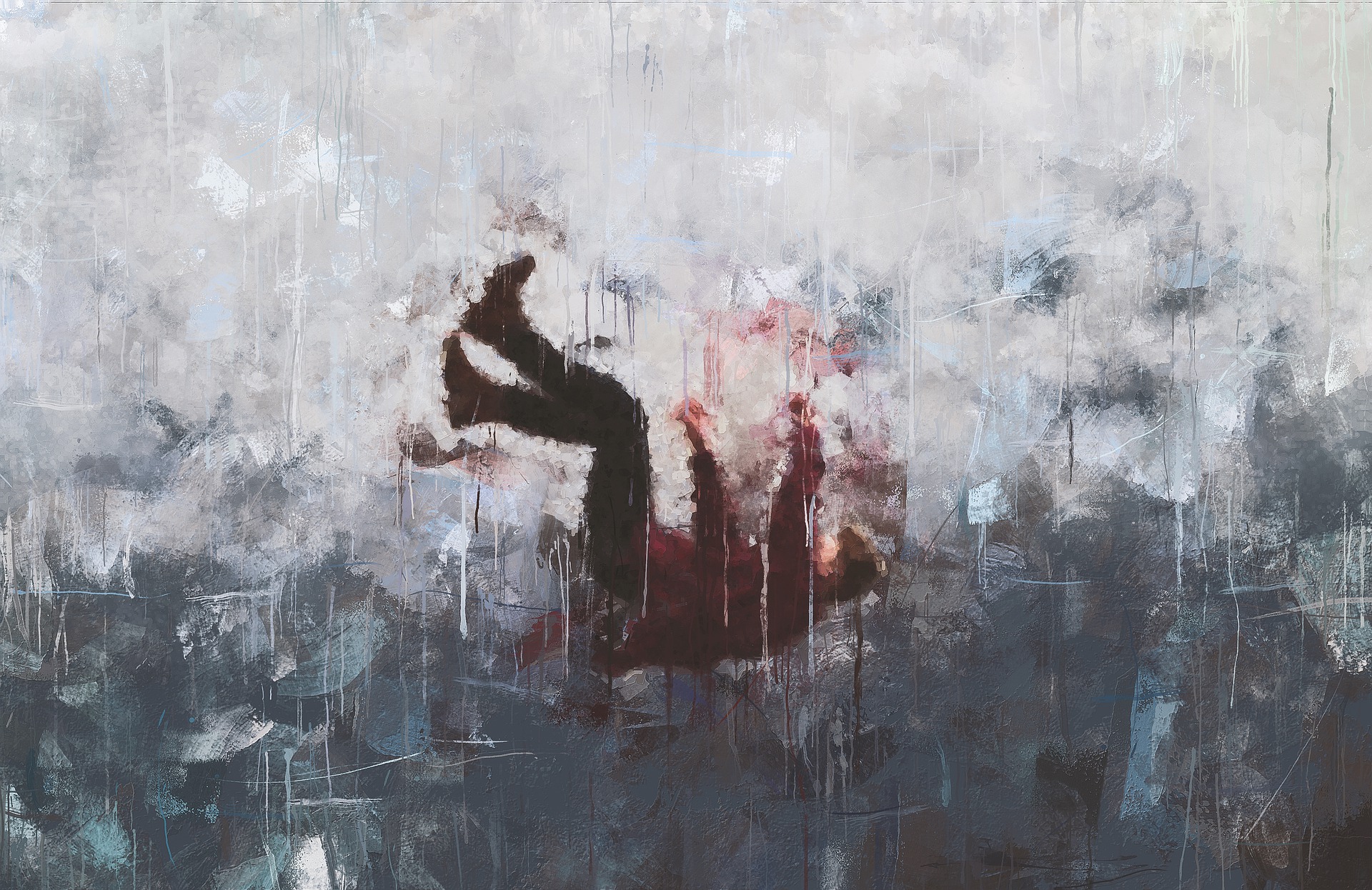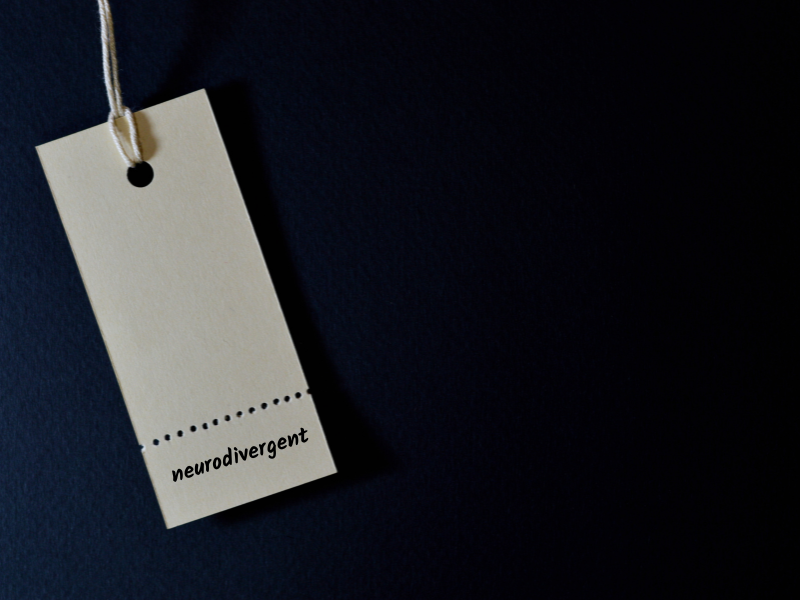
By Yamila García
Having to mask who we are and adapting to a world that is not designed for us requires so much energy that we often end up exhausted. Many times I have thought that more than living this feels like surviving. It is very frustrating that many things that are required of us as normal or habitual tasks or behaviors, mean such an effort. Having to adapt all the time is not something easy, much less something that is done of one’s own free will. It is something that we simply “have to do”, otherwise we would be excluded from society. If we want to succeed in whatever we do, have a job, friends, etc., “we have to adapt.” But what happens when we’ve been doing it for so long? On the one hand, it is true that we automate some of the strategies that we have used to adapt. We do them without thinking about it, often we don’t even remember if they are really our own features or were acquired to camouflage ourselves.
On the other hand, sometimes we just lose motivation and energy. It’s not nice to spend your whole life “adapting” or “adjusting” who you are in order to just live. Sometimes you just don’t want to do it anymore, you feel tired, unmotivated, and even angry because such simple things are so difficult for you. Sometimes you don’t want to deal with it anymore. You just want to lock yourself in your safe place and only come out when everyone has gone to sleep. I really wish that one day people would know how difficult it is to live like this and how easily they could lighten the weight. I think if they really knew what it felt like, they would do a lot more to create friendlier environments for neurodivergents. I’ve been in environments that one might think were specially designed to harm neurodivergents. I don’t think that’s the intention at all. But, I do believe that there is a complete ignorance of neurodiversity. How do we let them know? How do we get them interested in including us? How can we show them our skills by communicating in a way that we feel comfortable with but they understand?
This was not a happy post, because there will always be frustrations along the way. And while we can handle a lot, we don’t have to be able to handle everything. Having overcome so much, many times we make the mistake of thinking that we have to be able to handle what is coming too. Give yourself a break, you have done much more than you would have thought possible.

